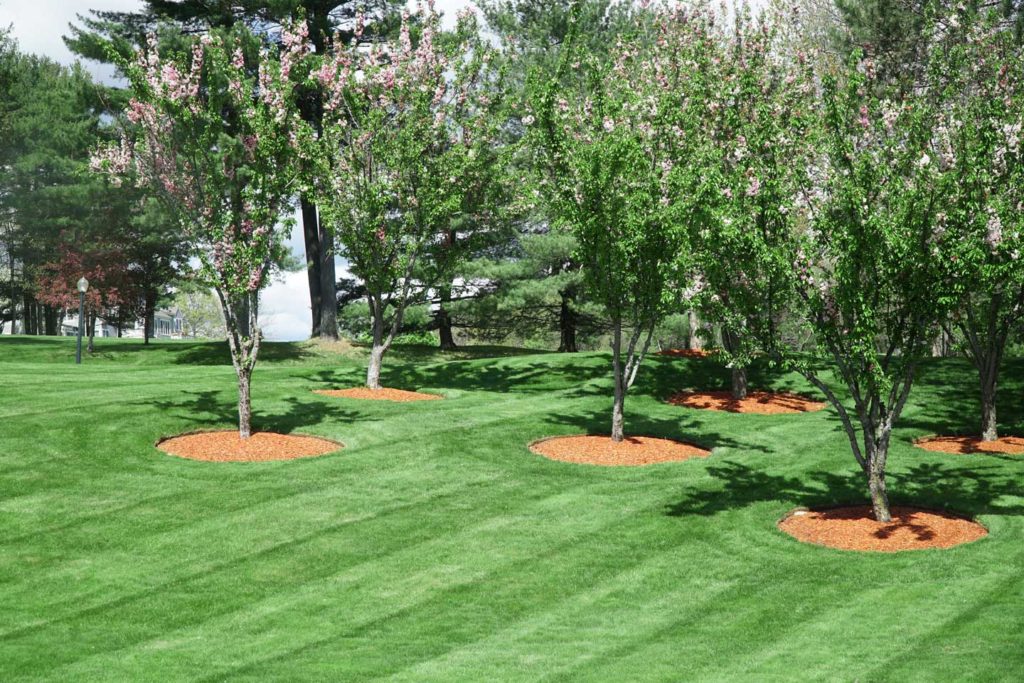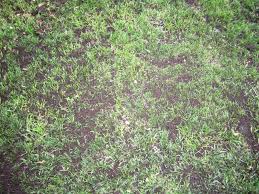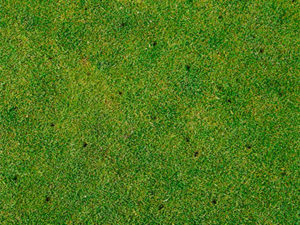
First, why should you aerate?
Here are a few specific reasons you should aerate:
You shout aerate when you have hard or dry soil.
A classic sign of soil compaction is when a lawn feels bone dry and dense to the touch and rock hard underfoot. You may also have difficulty inserting trowels or shovels into the soil. Aeration increases soil moisture and softness by providing grass better access to water.
You should aerate when you have poor drainage in low spots.
Rainwater or irrigation often pools in low areas of the lawn because it cannot permeate compacted soil. Aeration improves drainage by improving soil’s absorption of water helping to eliminate ponding water issues in low spots.
You should aerate when you have excessive thatch.
To judge your lawn’s extent of thatch, remove a one-square-foot, four-inch-thick slice from the top with a shovel. If the thatch layer is more than one-half inch thick, aerate the lawn. Aeration reduces thatch buildup by boosting the activity of soil microbes that decompose thatch
We gave you a few reasons why you should aerate here are some tips for when you should aerate.
Cold Weather Aeration Grasses:
Warm Season Grasses
Bermuda
Centipede Grass
Zoysia
Carpet Grass
Cold Season Grasses
Tall and Fine Fescue
Kentucky Bluegrass
Rye Grass




